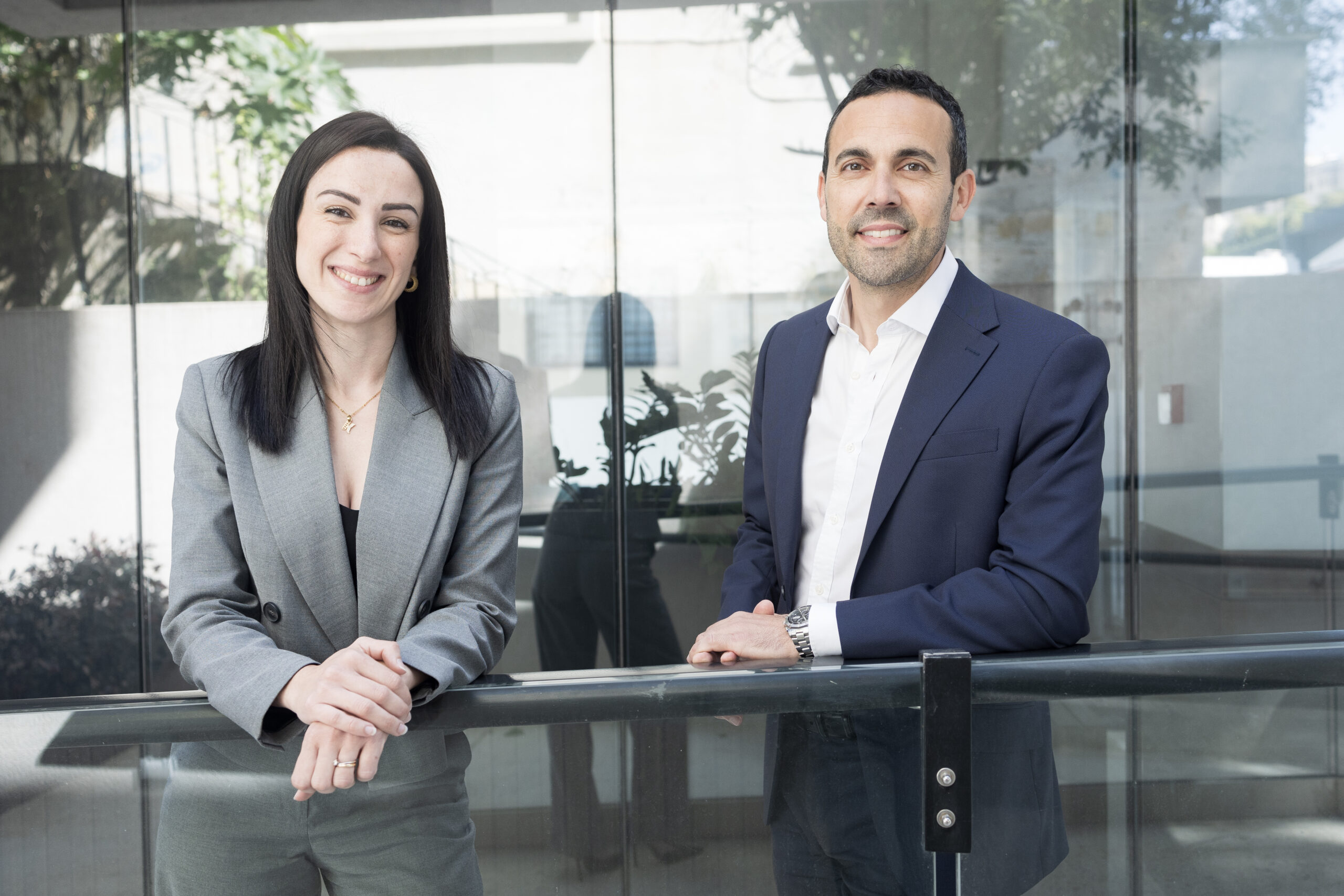As part of Thomas Cremona’s interview series on joint ventures, he had the opportunity to meet with Neriku Catering’s sales, marketing and events manager, Anne Marie Zammit, for her insights.
Anne Marie Zammit is a pharmacist by profession. After spending the early part of her career in the field, she became involved in her family’s business, Neriku Catering – now heading into its third generation. Anne Marie, along with her family, has been at the forefront of developing new market opportunities, from her grandfather bringing the first commercial ravioli machine to Malta, to launching their contract catering wing, “The Big Kitchen”, providing daily meals to a variety of business entities, to catering for special occasions and other endeavours in the catering industry.
What characteristics do you see in a prospective joint venture partner?
From the onset, one needs to be very clear on what you want to get out of it, what you are looking for, and why you are entering into this joint venture together. In addition, it is essential to be fair throughout the entire process. It is similar to a marriage.
In one of our collaborations, we provide daily meals to a residential home for elderly and vulnerable persons. As a family business, we pride ourselves on providing that individual attention, for example, to “Mary” in room 302, who has certain dietary requirements that need to be catered to.
We do look at our supplier relationship as a joint venture. Whilst our partners are providing the functionality of the home, we are providing some of the key daily events, being the residents’ meals, and those are possibly the most debated topic throughout the day and an occasion for a daily social gathering of the residents.
Both parties to the joint venture need to benefit from the relationship for it to succeed.
Do you prefer a relative start-up as a prospective partner or an experienced player in the sector?
We are collaborating with a mature mobility company that assists with certain deliveries. In this way, we know that our logistics requirements are accommodated without the need to worry about staffing issues, the vehicles’ reliability and mechanical repairs, and other logistics-related concerns. In this case, knowing that we are working with an established and reliable partner greatly assists us to be able to focus on what we do best.
We are open to working with start-ups as we understand, and relate to, the founder’s passion. Such relationships do have their benefits, as you can possibly be the main focus of the start-up, a situation that you may not otherwise have if partnering with a larger company.
How would you seek a prospective partner or are you generally approached to form one?
It generally happens naturally, and quite organically. In a local context, given the size of the Maltese Islands, you tend to know the key players, and you receive introductions. It has never been that difficult.
How would you evaluate potential synergies in a joint venture?
A starting point would be to develop trust between the parties and their respective team members, which eventually progresses into a friendship.
From a management perspective, it is always easier when there are similar ideas and energy with your partner, and the conversation just “flows” into planning and, ultimately, the joint venture operation.
As a company strategy do you actively pursue joint ventures?
We do not actively look for joint ventures, although, when we are developing new products and looking to prospective avenues for growth, we do assess other possible means to work in coordination with a third party.
Communication throughout the joint venture?
Being a family business, there tends to be regular formal and informal communication to ensure the aims of the joint venture are attained.
Do you discuss exit strategies with your partners?
There should be an emphasis on the partner synergy that allows for mediation. In addition, although you may contractually be obligated to one another, ongoing monitoring of the joint venture operation by both parties should avoid the failure of a joint venture. Ultimately, proceeding to the legal route should be the last option for either party.
What has been the best lesson you have learnt?
That all parties need to work for the best interests of the joint venture. However, should the joint venture fail to achieve the intended goals, not just in terms of the financial rewards but also in terms of the various individuals’ driving force to the success of the venture, then there could be a lack of synergy between the various parties.
Any further thoughts on joint ventures?
In this day and age, in particular due to staff shortages, joint ventures are becoming ever more attractive.
The catering industry is experiencing a lack of resources and thus a number of joint ventures are happening in this space, through the outsourcing of food and beverage provisions, be it with hotels, chartered yachts, residential homes, cafes, and others. Thus, there is a certain willingness for such collaborations.
Malta’s next leap: Secured
How ESET delivers enterprise-grade security to meet Malta’s digital ambitions
Mastering the language of business: How BELS is crafting bespoke training for a dynamic economy
BELS Malta Director of Studies Arianna Muscat on how the language school helps companies equip their teams for success.
Built differently – CLA Malta offers custom solutions in a cookie-cutter landscape of tax advisory and business
Their client-centric philosophy extends far beyond conventional consultancy.







